Botanists - Top 10 job hunting tips and Interview questions
If you are a Botanist, now is a great time to take stock and decide if you want to have a look at new career opportunities, or if you are happy in your role and likely to stay with your current company for the next 6 months or more.
With the Australian Spring field season rapidly approaching, soon you will be busy with field work, reports, managing projects and dealing with clients so changing jobs will probably not be at the front of your mind.
In the coming months, you will be too busy to think about your career and may also feel obligated not leave your current company in the middle of what is likely their busiest time of the year.
However, if you do decide to make a move, we’ve compiled ten key tips for your job application process, as well as ten possible interview questions you may face. Hope they are helpful!
10 Tips for Botanists Applying for Jobs
- Tailor Your CV: Customize your CV to highlight flora experiences and skills relevant to the job description. Look at the company website and what projects they have and try to highlight relevant experience in these areas.
- Showcase Your Fieldwork: Use your CV and cover letter to share memorable field experiences and what you learned from them. Elaborate on different locations and flora you have worked with.
- Stay Up-to-date: Stay current with developments in botany, ecology, and environmental regulations, especially those relevant to your region. Make yourself aware of any changes happening with environmental legislation – follow organisations like DWER, DMIRS and the EPA
- Highlight Collaboration: Emphasize your ability to work with multidisciplinary teams, a crucial aspect in industries like mining. Have you had to deal with traditional owners groups or other stakeholders?
- Spotlight Your Reporting Skills: If possible, include samples of your reports or a portfolio of your work. You can use publicly available work or redact work that might be confidential. Being able to provide sample reports and written work is always helpful and regarded by employers.
- Localize Your Knowledge: Highlight any local or regional specialization you may have, particularly for jobs in specific regions like Western Australia. Have you worked extensively in the Pilbara, Goldfields or South West? Showcase that experience.
- Work with a specialist recruiter: Specialist Environmental recruiters can give you advice on the latest salaries, company insights, broad market conditions and also often have insights and access to companies and job vacancies that are not actively advertised
- Professional Development: Mention any relevant certifications, workshops, or courses you’ve completed.
- Networking: Join professional groups, both online and offline, to make connections and stay informed about job opportunities. Are you a member of the ECA or EIANZ?
- Practice Interviewing: Anticipate likely interview questions and practice your responses. Some Botanist specific examples are below…
10 potential Interview Questions for Botanists
- Can you discuss your experience with botanical surveys? Provide a specific example.
- How do you leverage your knowledge of local plant species in assessing ecological impacts?
- Can you discuss your experience with environmental regulations? How have you navigated complex permitting processes in past roles?
- Can you share memorable experiences from your fieldwork? How did these experiences enhance your botanical assessments?
- How do you ensure your reporting translates complex ecological assessments into actionable insights for non-specialist stakeholders?
- How have you managed your work effectively within the constraints of seasonal survey windows?
- Can you share a time when your strategic planning enabled you to make the most of a limited fieldwork period?
- How have you handled conflict or disagreement in a multidisciplinary team setting?
- Can you give an example of a time when you had to communicate complex botanical information to non-experts?
- How do you stay updated on the latest research and best practices in botany and related fields?
Remember, every application and interview is a learning experience and a step closer to landing your dream job.
The key to success is practice, research and support. Good luck!
For more information, to discuss potential job opportunities, or have an informal, confidential, obligation free chat with an environmental recruitment specialist, contact Ben Oakley on 0417 178 220 or ben.oakley@gatherrecruitment.com.au




